AKDN’s Comprehensive Sanitation Initiative in India
A case study
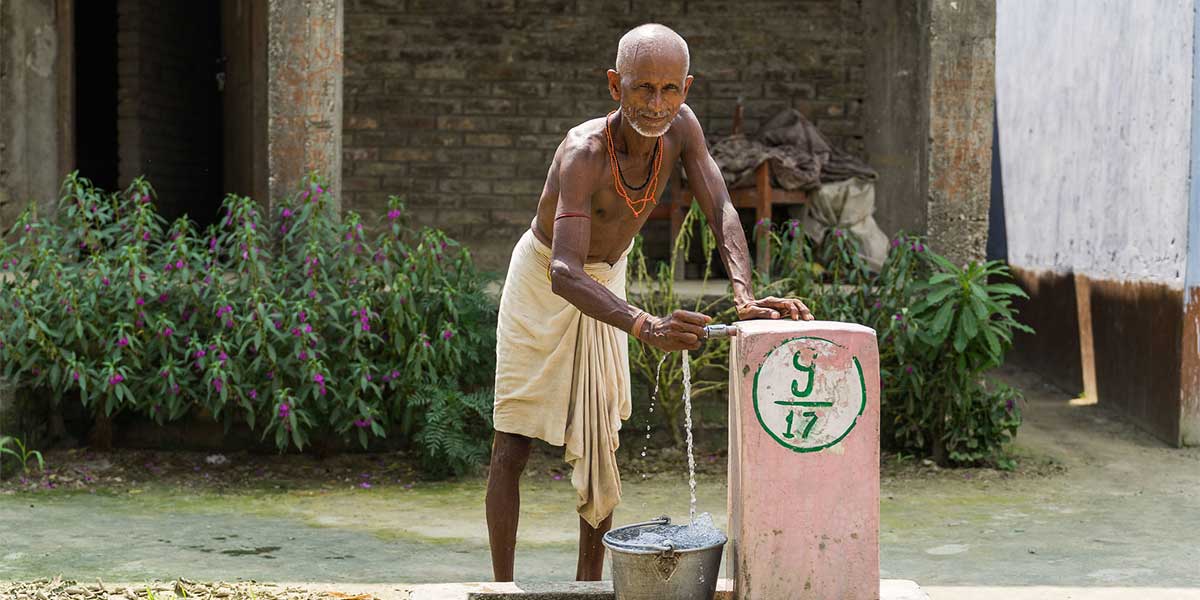
Context and challenges
- Although the proportion of people practicing open defecation globally has fallen by almost half, from 24%to 13% since 1990, out of the 949 million people that don’t have access to a toilet across the world, India accounts for 564 million.
- The situation is particularly acute in rural areas: in rural India more households have access to TVs and cell phones than toilets and in 2011 the India Population Census showed that in rural areas just three in ten people have access to a bathroom.
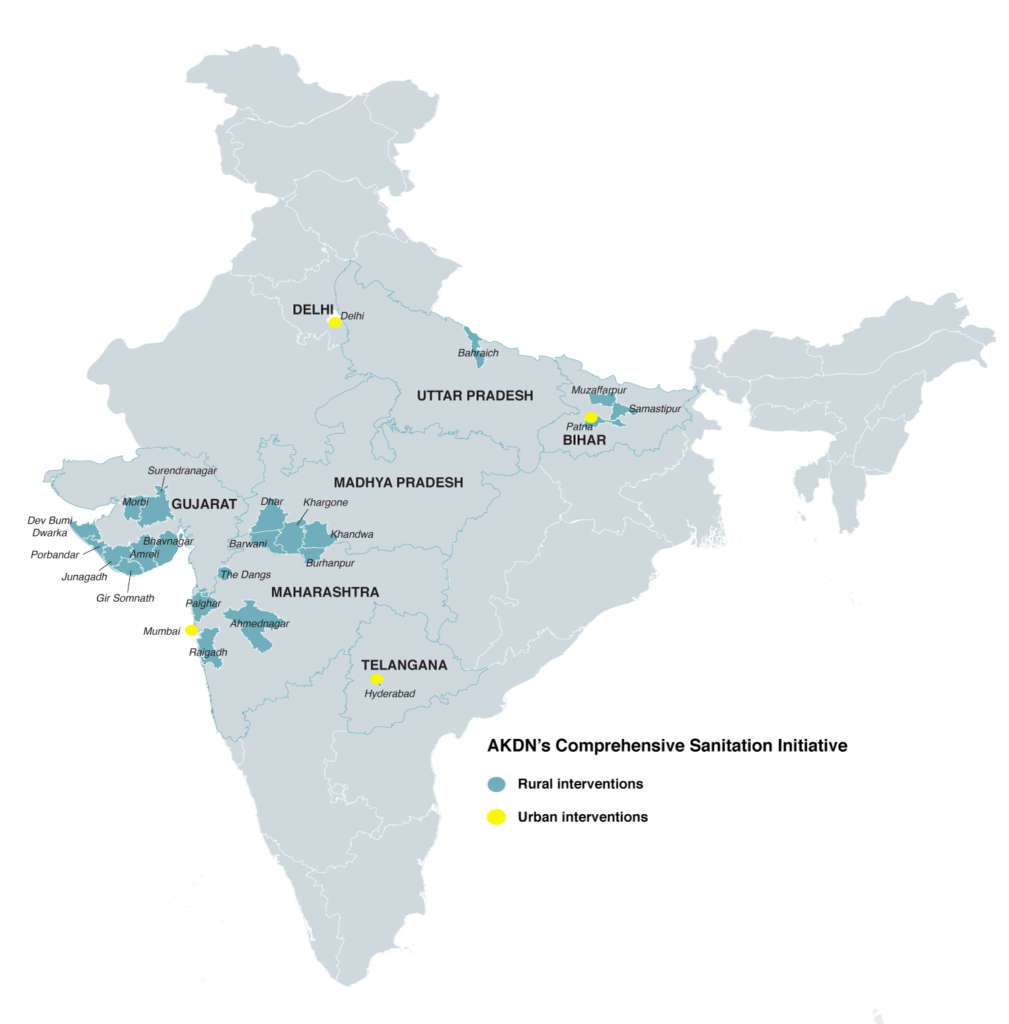
- The sanitation crisis has a huge impact on health, with the country home to half of all the world’s malnourished and underweight children. The World Bank estimates that 21% of communicable diseases in India are related to unsafe water. In India, diarrhea alone causes more than 1,600 deaths daily.
- The economic impact of inadequate sanitation is estimated to amount to Rs. 2.44 trillion (US$36 billion) a year. This includes the amount of time and money used for healthcare and the lost opportunities for girls and women due to lack of access to safe sanitation.
- Over 60 million adolescent Indian girls do not have access to a toilet; often resulting in them dropping out of school and never completing their education. Lack of access to sanitation is a serious safety risk for women.
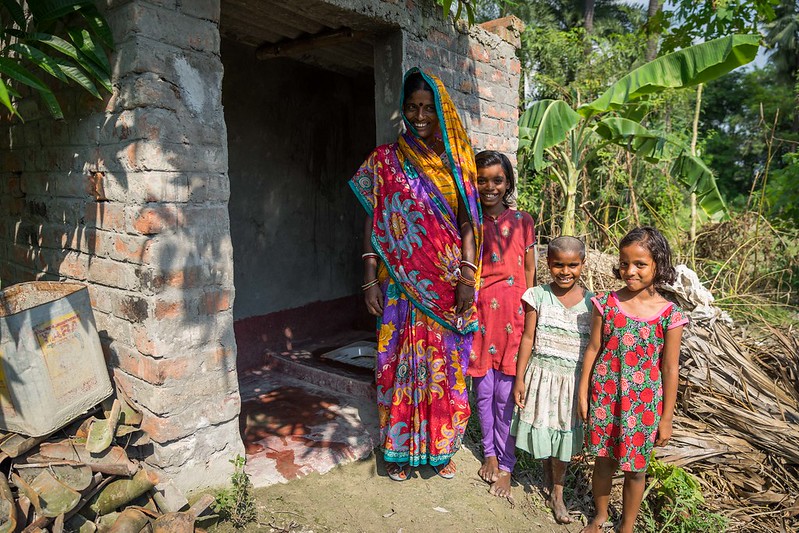
AKDN’s Response
AKDN agencies in India have over 30 years of experience working with poor communities in rural areas to improve their access to safe sanitation and clean drinking water and in 2014 the Government of India requested AKDN to support its Swacch Bharat Abhiyan or Clean India Campaign aimed at making India open defecation free by 2019.
- In early 2015 AKDN agencies – the Aga Khan Foundation, the Aga Khan Rural Support Programme, the Aga Khan Planning and Building Services and the Aga Khan Health Services – began implementing the AKDN Comprehensive Sanitation Initiative.
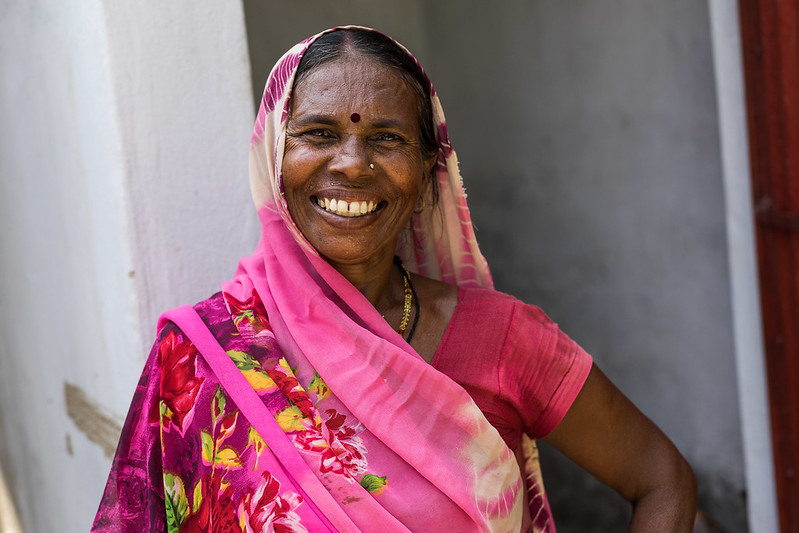
- Bringing together these AKDN agencies expertise, the AKDN Sanitation Initiative is supporting the Government of India’s Swachh Bharat Abhiyan in 6 states (Bihar, Gujarat, Madhya Pradesh, Maharashtra, Uttar Pradesh. Telangana): 600 villages and 6 urban wards will be reached.
- Through approaches aimed at achieving 100% sanitation coverage (and sustained use) and improved hygiene behavior AKDN will reach out to at least 700,000 people by 2019, with a particular focus on girls and women and other marginalised groups.
- AKDN will be supporting 100,000 rural households construct toilets and improve school sanitation in 538 government schools; the establishment of community run sanitation blocks and drinking water schemes will also be supported.
AKDN’s Activities
To address India’s sanitation and drinking water challenges, AKDN as with all of its work, is working to support local communities to enable themselves and ensuring gender equality and sustainability. Specific activities include:
Supporting local communities plan how to achieve sanitation for all by:
- Encouraging and supporting community led planning for collective action
- Assisting with the development of sanitation action plans for Open Defecation Free villages and neighbourhoods
- Supporting coordination between village councils and local community
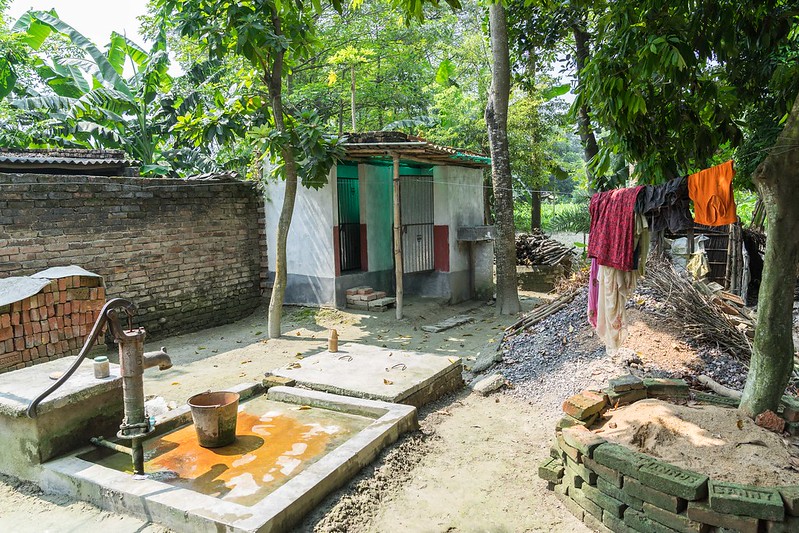
Community Mobilisation is being carried out by:
- Building the capacity of women’s groups to spread messages on importance of safe sanitation and access to toilets
- Supporting the constitution of support groups involving natural leaders and opinion makers to influence community and ensure participation in open defecation free plans
- Employing diverse and context-specific communication tools to generate demand for sanitation and promote positive behaviour change
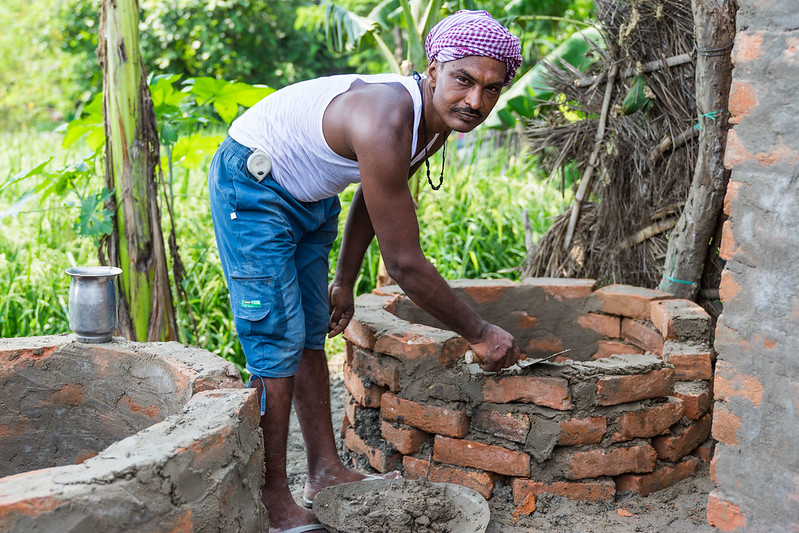
Capacity Building of different stakeholders to drive forward and sustain sanitation plans by:
- Building understanding of village council members on their roles and responsibilities and how to achieve their sanitation goals
- Supporting the establishment or strengthening of already existing Village Water and Sanitation Committees
- Training government appointed sanitation motivators or Swacchata Doots; front line health workers; school teachers and school management committees on key sanitation messages and ways of ensuring access to safe sanitation for individuals, communities and in schools
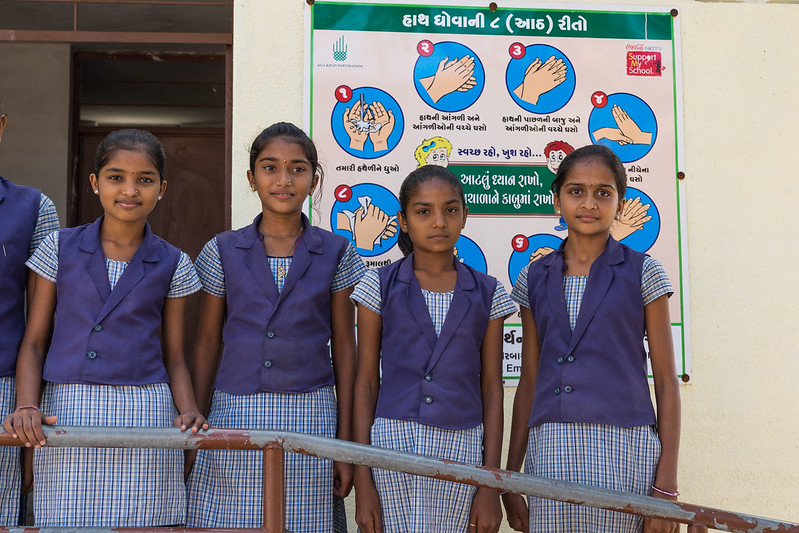
Facilitating construction of sanitation facilities and strengthening the sanitation supply chain is being done by:
- Providing financial and programmatic support for identification and adoption of innovative and scalable technologies for toilets and systems for waste management
- Training masons and rural sanitary mart entrepreneurs to ensure the availability of high quality labour & materials and creating new job opportunities
Since early 2015, AKDN has supported the construction of 20,000 individual household toilets. It is a fifth of its way to the target of 100,000 toilets by 2019
Results and achievements
- In 18 months the AKDN Sanitation Initiative has supported communities to construct 20,000 individual household toilets, it is a fifth of its way to the target of 100,000 toilets.
- 41 villages/habitations have achieved open-defecation free status – acquiring widespread recognition.
- Improvements to existing school sanitation and water facilities and their management and operations have started in 25 schools in Gujarat.
- To date, over 150 community action plans have been developed.
- Over 20,000 people have participated in mobilisation efforts aimed at spreading messages about the importance of safe sanitation and drinking water and how to ensure access for everyone.
- AKDN has trained almost 300 masons on improved masonry.
- AKDN has been recognised as a key development partner by the Government of India for the Swacch Bharat Abhiyan, and has been invited to extend technical support at the block and district levels in some of the states we are working in.
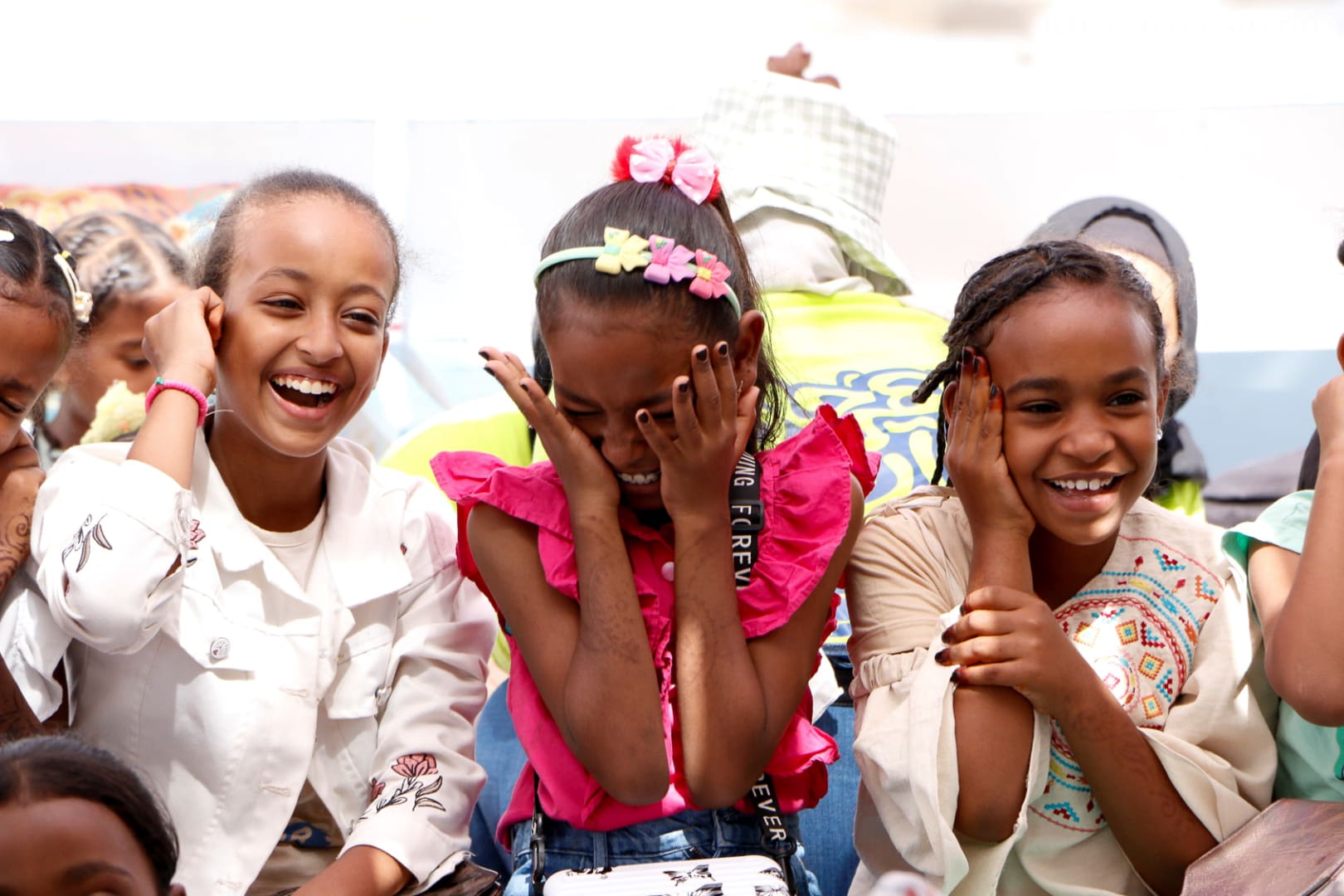
Support our work Your donations are helping us build a future where we all thrive together.